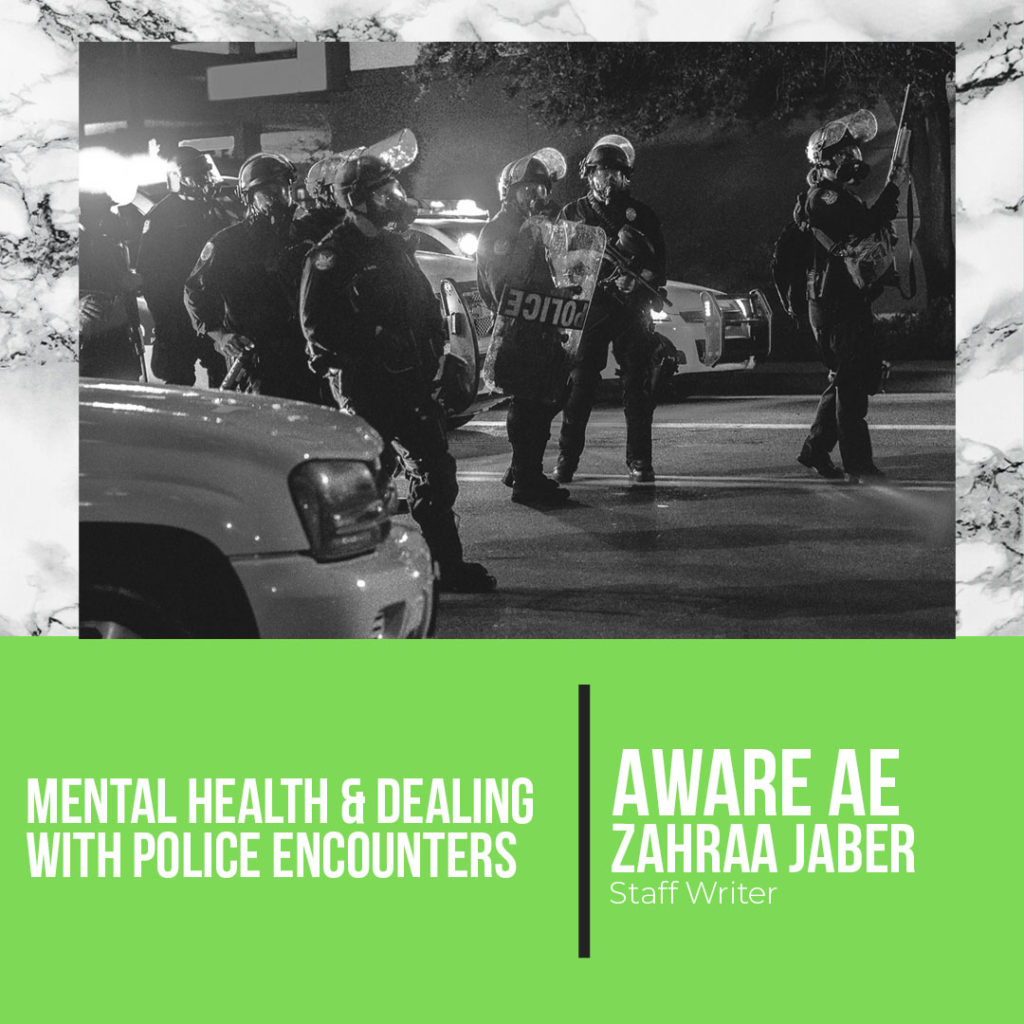Global protests over police liability and racial justice have revitalized age-old efforts to fundamentally change how police officers respond and react to someone in a mental health emergency.
The Police & Mental Health
In the last year alone, the police shot and killed 1,017 people – mental illness being involved with about 25 percent of the victims. Also, despite the many initiatives taken by police departments to improve the interactions between police officers and people suffering mental health issues, it has been estimated that those who suffer from mental health issues are sixteen times more likely to be killed by police officers because of the lack of awareness regarding mental health issues.
Why We Must Improve Police Responses to Mental Illness
It is still unclear why some officers act more aggressively than others when confronted with a situation involving a person with a mental illness. However, the fact remains that there is a huge cost associated with these incidents. Police officers are not trained to be social workers or crisis counselors. A survey conducted by the Police Executive Research Forum found that officers received an average of 8 hours dedicated to “Crisis Intervention Training”, while 60 hours were roughly used up for gun shooting. Police officers are trained to respond to every kind of situation with force first. According to the National Alliance on Mental Illness, 40 percent of adults who suffer from mental health issues will come into contact with the criminal justice system at some point in their lives. The vast majority of these same individuals will be charged with minor misdemeanor or low-level felony offenses that are a direct result of their mental health issues.
How Can We Improve?
While these incidents are extremely tragic, they have forced communities and countries to address the issue. Some ways to improve include –
- Working with the media to help spread awareness.
- Providing training to improve officer response to those suffering from mental health issues.
- Collaborating and creating beneficial partnerships between police departments and mental health providers and specialists.
- Sharing information and resources to strengthen community responses, such as educators integrating topics on mental illness and policing in their curriculum content.
While we cannot turn back time and change the outcomes of these tragic interactions, we can learn from them.
